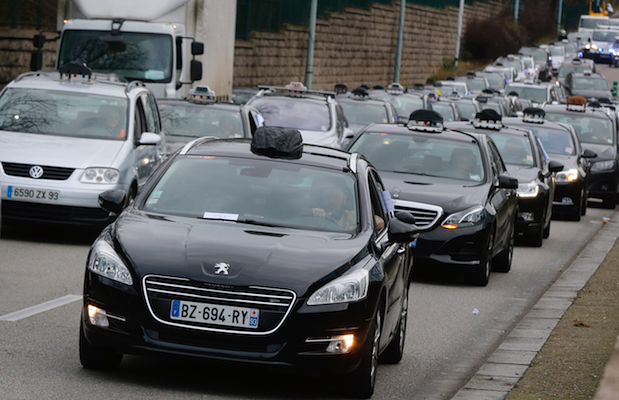78 per cent of economists agree that Uber’s price hikes are good for consumers

A poll of academics has overwhelmingly concluded that using higher prices to allocate transport services is good for consumers.
78 per cent of the IGM Economic Experts Panel agreed with the statement:
Using surge pricing to allocate transportation services — such as Uber does with its cars — raises consumer welfare through various potential channels, such as increasing the supply of those services, allocating them to people who desire them the most, and reducing search and queuing costs
Darrell Duffie, Dean Witter distinguished professor of finance, said:
This is basic microeconomics. Pricing different services differently improves the allocation of services, assuming no serious externalities.
A meagre seven per cent disagreed with the statement, nine per cent were uncertain and two per cent had no opinion.
Many have objected to the idea of surge pricing as exploiting consumers.
One of the two experts who challenged the benefits of surge pricing, professor of Economics and International, Angus Deaton said:
Efficiency is not the same as welfare! This is probably a good policy, but some people will lose.
While surge pricing may seem intuitively unfair there are a couple of points taxi customers should bear in mind. Scarce goods, such as taxi services in the wake of public transport failures, have to be allocated. Higher prices mean the few taxi rides available will be allocated to those who value them the most i.e the ones willing to pay the highest price.
When prices rise, this gives an incentive for people to substitute and for new providers to enter the market, which in turn leads to falling prices.
As Yale professor Judith Chevalier noted:
Welfare-reducing price discrimination outcomes are feasible, but the increase in supply in this example clearly enhances consumer welfare.